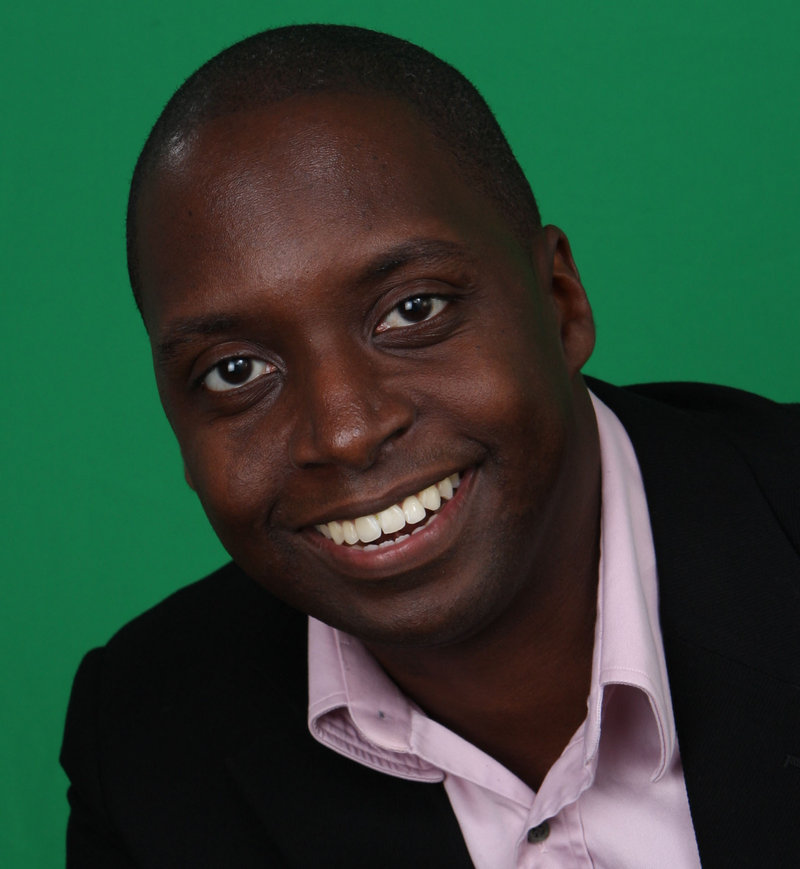Even people who aren’t football fans might be curious about New England Patriots coach Bill Belichick.
He’s won three Super Bowls, and is often mentioned among the best coaches of all time. He’s been called a “genius,” but is seen on TV wearing dopey hooded sweatshirts, and is so cryptic as to be almost unintelligible during press conferences.
Yet he gets the lion’s share of the credit for making the Patriots arguably the best team of the last decade, and for making New England a football-mad place.
In his new book, “War Room: The Legacy of Bill Belichick and the Art of Building the Perfect Team” (It Books, $25.99), Michael Holley takes a behind-the-scenes look at how Belichick and his staff draft players and build teams. The book also looks at others tutored by Belichick who went on to use many of his strategies with other teams.
Holley is also the author of “Patriot Reign” and “Red Sox Rule.” He was a Boston Globe sportswriter for 10 years, and is currently the co-host of “The Big Show” on Boston sports-talk radio station WEEI.
He’ll be signing his new book Saturday at Kennebooks in Kennebunk.
Q: Press materials for the book talk about the “unlimited access” you got to Belichick and others. So I’m sure Patriots fans want to know: What is Bill Belichick really like when he’s not being grilled by the media?
A: This was my second go-round with him, after “Patriot Reign,” so I didn’t think I was going to be blown away by something he did or said. I knew he was not the dour guy at lecterns we see at press conferences. I think people envision him as some hooded mad scientist thinking of football all the time. But there are times he’ll be listening to the Jerky Boys and laughing his tail off over something. At one point, I found him listening to (reggae singer) Bob Marley on the satellite radio. He’s got a great sense of humor, he listens to a wide range of music, and can be a good conversationalist when he wants to.
There’s one line in the book about someone saying there are two Bills: The guy who is an (expletive deleted) and knows he is, and the guy who is a great friend and a great listener.
Q: Are there things in the book about Belichick that will surprise people?
A: I think the fact that he’s even more complex than he appears, in a football system. His draft system is very flexible, to adapt to whatever changes in football might come along. Most guys establish a draft system and have it in place for 20 years. But his system is always ready to change as football changes. Like the types of tight ends he has now. They didn’t exist 20 years ago, and there was no way to evaluate them. So for other teams, when a guy like Rob Gronkowski emerges, they don’t have words or numbers to use on him. But (Belichick’s) system can catch up and come up with a shorthand to evaluate a guy like that.
Q: The book is essentially a study of Belechick’s team-building strategy, but the past couple of years, he’s apparently been unable to build a solid defense with draft picks. Why do you think that is?
A: The draft is essentially like playing the stock market. A good percentage is like 45 percent. Nobody hits all the time. All the best guys miss a lot. But if you have a core of guys, and you miss once in a while, it’s not a big deal. If you think of the guys he has drafted who hit — Richard Seymour, Matt Light, Ty Warren, Vince Wilfork, Logan Mankins, Deion Branch — I don’t think he’s lost his ability to spot players. Look at Gronkowski.
Q: So what makes Belichick so successful?
A: No other team has the combination he represents. Some teams have a guy who is in the top five in the league in drafting, and some teams have guys who are among the top five coaches. They’re separate guys.
But the Patriots have a guy (Belichick) who’s a top-five coach and a top-five evaluator in the same body. And one of his big things he tells his people is, “Don’t tell me what a guy can’t do, tell me what he can do, and we’ll see if we have a spot.”
Q: Is it hard for you to switch gears between writing books and going on talk radio, dealing with all kinds of people?
A: No, it’s often a relief. There’s a lot of silliness, people calling up and saying let’s make (Red Sox outfielder) Jacoby Ellsbury into a closer or something. It’s a completely different mindset. Writing is very solitary, and the radio is so interactive. I can’t compare them; I love them both. But if I had to pick one, the first love is writing.
Staff Writer Ray Routhier can be contacted at 791-6454 or at:
rrouthier@pressherald.com
Send questions/comments to the editors.



